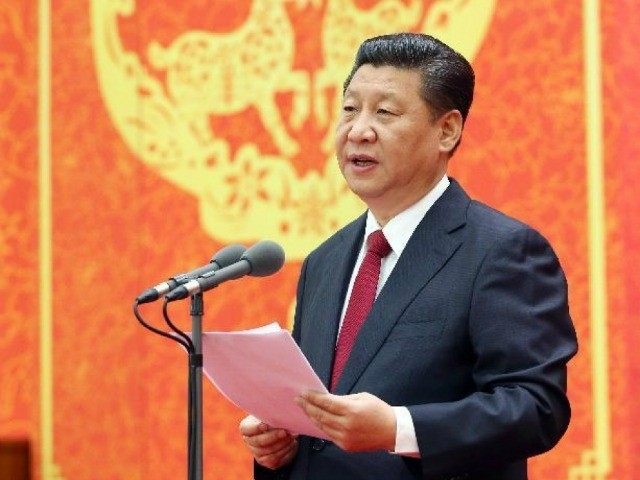Chinese President Xi Jinping is scheduled to arrive in Egypt on Wednesday. Preceding him is a column in Egypt’s Al Ahram newspaper, where the president notes that “the threat of terrorism is notably on the rise,” making “win-win cooperation” more important than ever between the two nations.
In a column titled, “Let China-Arab Friendship Surge Forward like the Nile,” Xi lists numerous reasons for the two nations to work together, arguing that “Friendly exchanges between our peoples date back to antiquity. More than 2,000 years ago, the imperial court of China’s Han Dynasty sent envoys to Alexandria,” and that, in modern times, the relationship is no less important.
While much of the article discusses potential economic ties, including China’s new Silk Road initiative, Xi puts notable effort in discussing political challenges facing the Middle East. He provides no specifics regarding China’s role in helping overcome these challenges, however. “China will continue to support Egypt and other Arab countries in pursuing development paths suited to their own national conditions and share development experience to jointly address the challenges of our times,” he writes:
The world could not be a tranquil place if there is instability in the Middle East. A study of history shows that force is never the right solution to problems, and the zero-sum or winner-takes-all logic is inconsistent with the call of the times. The surest way to finding the maximum common denominator between the interests of different parties is to seek consensus and be understanding and accommodative. As always, China will continue to support the Middle East peace process.
Xi adds that China supports the creation of a state of Palestine and “will provide more public goods, and work with Egypt and other Arab countries to safeguard peace and stability in the Middle East.”
China imported 146 million tons of oil from Arab countries and was the second largest trading partner for Arab countries.
Xi is expected to speak at the headquarters of the Arab League during his visit and has personally requested a visit to the Egyptian Parliament. “By paying this visit, I think the Chinese president wants to send a message to the world that China is supporting Egypt and wants to build a strategic relationship with it at all levels,” Parliament Speaker Ali Abdel-Al told Al Ahram, noting that the speaker of the Russian Duma will also visit his Egyptian counterpart soon.
The relationship between Russia and Egypt has improved significantly under President Abdel Fattah el-Sisi, after a number of Obama administration initiatives limited Sisi’s ability to fight radical Islamic terrorism in his country. President Obama halted military aid to Egypt following the demise of President Mohamed Morsi, a Muslim Brotherhood member, and only resumed aid in April 2015. The White House also entertained members of the Muslim Brotherhood at a private conference in Washington in June 2015, incensing the Egyptian government. Sisi’s government summoned the American ambassador in Cairo over the matter.
“America is losing Egypt. We see how you treat Israel, who for 50 years was your closest ally. We see how you treat them and how you are now treating us. Russia and China see it too,” senior Egyptian statesman Mostafa el-Gindy told Breitbart News in February.
Sisi has made three trips to Russia since ascending to the Egyptian presidency.
Xi, meanwhile, is in the midst of a Middle Eastern diplomatic mission that also includes Saudi Arabia and Iran, currently embroiled in a diplomatic row over the Saudi execution of a prominent Shiite cleric. Xi is currently in Saudi Arabia, where he is meeting with King Salman and leaders of the Gulf Cooperation Council. Following his departure from Egypt, Xi is expected in Iran, to meet with senior leaders of the Islamic Republic.
